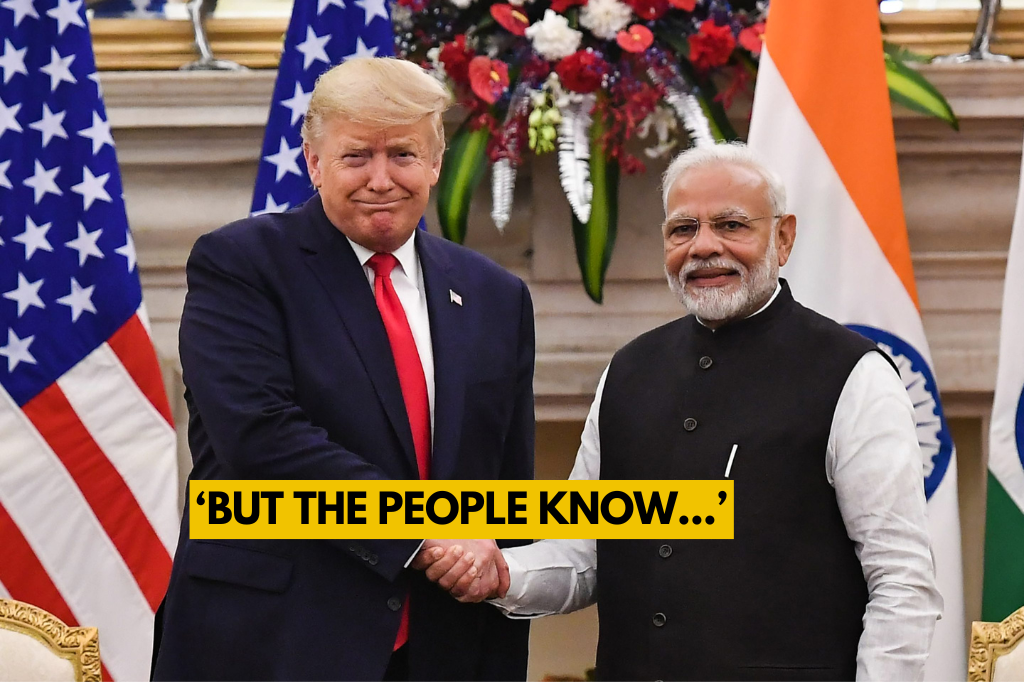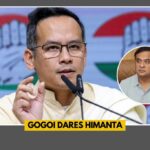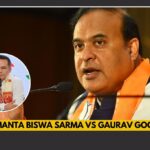US President Donald Trump renewed his claim of having brokered peace between India and Pakistan, lamenting that he had not been awarded the Nobel Peace Prize for his role in “stopping” a potential war between the two South Asian neighbours last month.
Speaking at an event where he also took credit for a peace agreement brokered in Washington between the Democratic Republic of Congo and Rwanda, Trump stated that his administration played a crucial role in averting a military escalation between New Delhi and Islamabad.
“I won’t get a Nobel Peace Prize for this, I won’t get a Nobel Peace Prize for stopping the War between India and Pakistan, I won’t get a Nobel Peace Prize for stopping the War between Serbia and Kosovo, I won’t get a Nobel Peace Prize for keeping Peace between Egypt and Ethiopia (A massive Ethiopian built dam, stupidly financed by the United States of America, substantially reduces the water flowing into The Nile River), and I won’t get a Nobel Peace Prize for doing the Abraham Accords in the Middle East which, if all goes well, will be loaded to the brim with additional Countries signing on, and will unify the Middle East…”Trump posted on his social media platform, Truth Social.
He added, “No, I won’t get a Nobel Peace Prize no matter what I do, including Russia/Ukraine, and Israel/Iran, whatever those outcomes may be, but the people know, and that’s all that matters to me!”
However, Indian officials, including PM Narendra Modi, have consistently denied any involvement of the United States in the de-escalation process. According to the Indian government, the ceasefire was the result of direct military communication between the two countries, without any external mediation.
Tensions between India and Pakistan flared following the Pahalgam terror attack on April 22, prompting India to launch Operation Sindoor, which included targeted strikes on several Pakistani military installations. Key among these was the strategic Nur Khan Airbase, along with other airbases targeted during four days of cross-border missile and drone exchanges.
The situation began to de-escalate after May 10, when the Pakistani Director General of Military Operations (DGMO) requested a dialogue with his Indian counterpart. This led to a mutual agreement to cease hostilities the same day.
New Delhi has since reiterated that the ceasefire understanding was purely bilateral and emphasized that Washington or any third party played no part in the decision to end the conflict.







